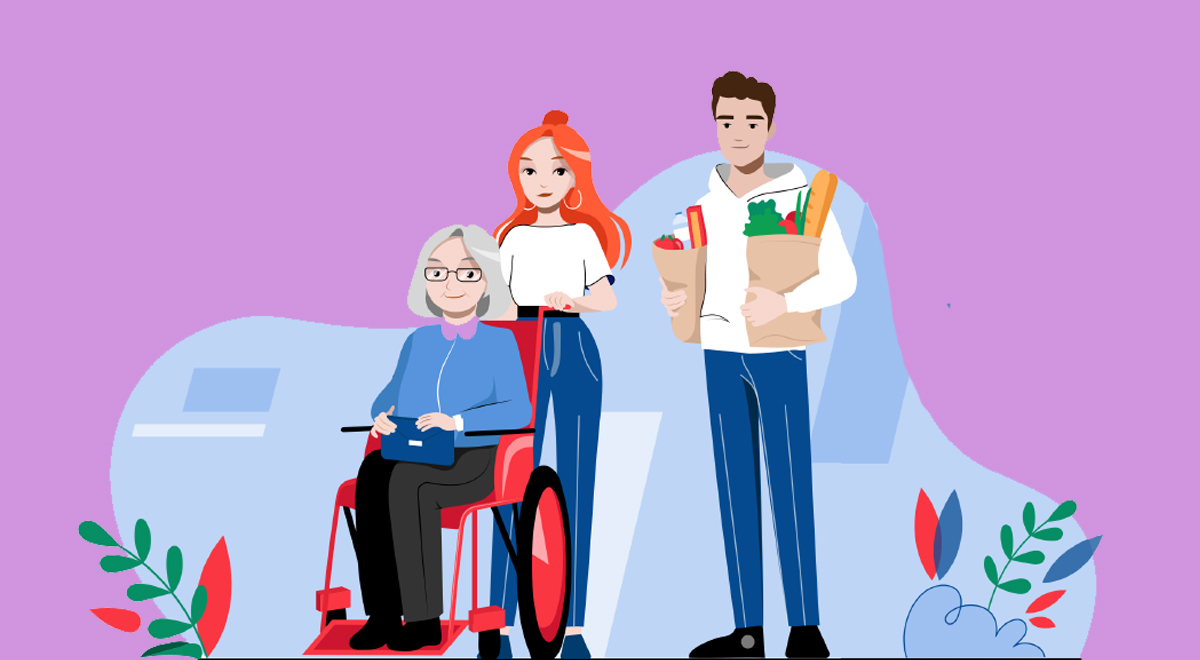[vc_row][vc_column][vc_column_text]Because I hang out with a lot of poets, I’ve learned that constraints can invite creativity. Poets may choose to write in a form, say a Sestina or Villanelle, that has very specific rules about repetition, amount of stanzas, etc. Often this opens up new ideas. The limitations push people to new forms of creativity.
Obviously, the stakes of the current crisis are on a whole other level than those of writing a poem (though it does seem like people are turning to poetry in response to the pandemic). But I’m impressed by the creativity and resourcefulness I’m seeing.
This is especially true about ways people are finding to connect with others—something that’s especially important for people in recovery. I have friends who got dressed up in fancy clothes to watch a streamed opera from the Metropolitan Opera.
Many people, myself included, are eating meals “together” with friends or family through video chat. Musicians are giving concerts online. A neighbor and I are playing an ongoing game from our porches. The list goes on and on. Video chat book clubs, people recording podcasts in their closets, Netflix watch parties, Animal Crossing.
People are also finding creative ways to support each other. Virtual tip jars are a way to pay service industry workers who are out of work. If you google your city or town + tip jar, you can likely find ways to contribute. This Baltimore document lists servers of Baltimore-area restaurants and bars that could use financial help.
Smaller businesses like Bindle and Keep, which normally makes suits, are using their abilities to make masks and giving them out for free. Individual people are doing this as well, often creating the masks from household items.

Right now we have a lot of constraints—on time, on resources, on ability to connect, even on the amount of space between people. People shouldn’t be expected to behave in any particular way during this crisis; if all you can do on a given day is worry, that’s okay. It’s a pandemic and everyone’s reactions are valid.
But I think it’s helpful for our mental health and overall well-being to recognize that there is some good happening amidst the chaos and fear.
If you are struggling with a substance use or co-occurring mental health disorder during this unprecedented time, there is help. TruHealing Centers are still open and here for you during this crisis—with hospital-grade sanitation of our facilities and telemedicine options to keep you safe. It is never the wrong time to ask for help. At our facilities across the country, we will give you the tools you need to build a healthy and fulfilling life in long-term recovery. Call an admissions specialist at 410-593-0005.[/vc_column_text][/vc_column][/vc_row]








